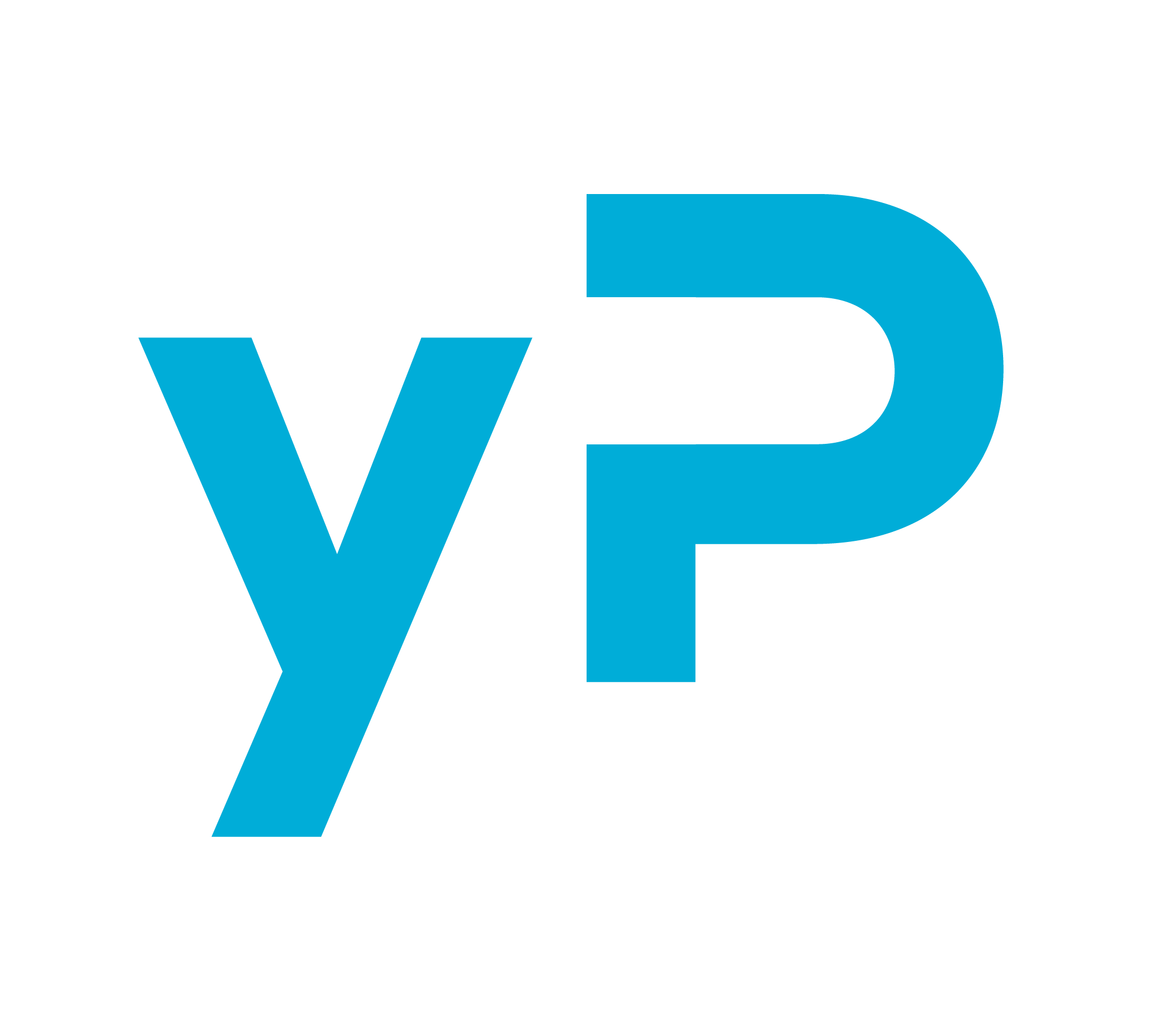How to choose the best Channel Manager?

Implementation of an omni-channel strategy by a hotel facility is still difficult although, undoubtedly, necessary. Accordingly, a professional Channel Manager system is a must as a tool supporting the daily work of a hotel manager. However, to effectively manage bookings and revenues, the hotel needs to find a Channel Manager capable of supporting the hotel’s pursuit of its strategy to the largest extent. How to choose the best solution offered by the market?
The market offers a number of solutions that facilitate multi-channel sales of hotel services, automate work and, in addition, perform advanced analytics to provide decision-makers with information important from the business point of view. So, the question is: how to choose a solution ideal for your hotel from among the broad range of such advanced tools? The first thing to consider while thinking of a solution that is supposed to be optimal is whether it can respond to the current and future requirements of the facility and support plans for expansion on new markets, client groups and market segments. Obviously, that is not all that should be addressed. What else should be remembered?
#1: Very wide range of online distribution channels
To ensure that its pursuit of the omni-channel strategy will be effective, the hotel needs tools that will provide them with access to a wide range of various online distribution channels. These are Online Travel Agents (OTA), including so-called “sharing economy” OTAs, Global Distribution Systems (GDS) and leading tour operators. The longer list of accessible distribution channels compatible with the Channel Manager under review, the larger freedom in designing a custom omni-channel strategy.
While choosing a tool that is supposed to be optimal for the hotel, it is worth to check thoroughly the list of integrated channels to see whether it contains the channels that are already in use and also such ones that could become attractive add-ons to the current distribution strategy. The best off-shelf Channel Manager systems offer access to as many as a few hundred integrated channels that can serve as a vehicle to reach clients from throughout the world. These include both internationally recognisable and niche, or the local ones that must not be ignored. In many cases they can turn out much more effective than booking systems leading in terms of international recognition. What distinguishes the best multi-channel sales management systems from the rest is the possibility of connecting them to dedicated channels on demand.
The wide choice of online distribution channels and flexibility in terms of adding new ones as needed is one thing. The other thing is the intuitive management of the channels. A good Channel Manager should be as simple and intuitive as possible. Only such tools make it possible to pursue the selected distribution strategy without unnecessary wasting time for setting complicated configurations or for solving more or less complex technical problems. While choosing a Channel Manager, it is also worth to pay attention to this aspect.
#2: Integration with PMS
Investment in a Channel Manager system involves also the necessity of integrating the system with the hotel’s Central Reservation System (CRS) and Property Management System (PMS).
The Channel Manager should be compatible with these two for avoidance of extra costs, such as those related to modification of the existing solutions. What is the purpose of this combination? It enables automatic exchange of information on new bookings between the reservation system of the hotel and the online sales channels. Operating efficiency in this area is critical because it has a huge effect on both the revenues and the image of the hotel by preventing the overbooking. The choice of a Channel Manager in the context of integration with the hotel’s PMS should be made in analogy to the online distribution channels. The list of PMSs integrated with the tool should contain, first of all, the one that is currently used by the hotel and, optimally, at least a few other ones, which can turn out beneficial in the event of future replacement of the system. Fortunately, most top-rated Channel Manager systems have a lot to offer in this respect.
#3: Much room for automation of work
Automation of work is the primary goal of investing in advanced tools for management of the hotel’s sales channels. The manual updating of prices on all partners’ Web sites is a very labour-intensive task consuming at least a few hours of work. The more online distribution channels, the longer time required for the manual update. Also the issue of the image, as noted above, is not without importance. A manual modification of room prices in many channels involves a risk of human error and delayed update of the offer in all the channels. A coherent pricing strategy gives clients a feeling of certainty that they will book rooms on the best possible terms regardless of the sales channel they use (planned promotions involving one or a few sales channels are an exception). The Channel Manager makes it possible to eliminate this problem and manage room availability and pricing policy in real time through all the channels from a single manager console. Automatic price management is another way of automating operations, offered by some Channel Manager tools. The possibility of setting up multiple predefined tariff scenarios provides another opportunity to save time. Another thing worth noting is the possibility of following a flexible pricing policy and synchronising promotional offers, which translates into effective and efficient management of the hotel’s revenues. As any capital expenditure, the hotel’s investment in their Channel Manager should yield as high return as possible. If the selected tool enables achievement of a high level of automation, the odds for materialisation of such scenario will be really good.
#4: Advanced analytics
The undoubtedly wide, and still expanded, integration capability of the tool, its intuitive operation and high level of attainable automation of work are not all. Sales statistics and reports are also very important from the point of view of a Revenue Manager or a Director managing the hotel. Access to details of clients and their decisions as well as thorough analysis of this information make it possible to draw a number of business conclusions, which, consequently, can lead to improvement in effectiveness of the sales and marketing strategy. While choosing a tool for managing the multi-channelity of sales, it is worth to pay attention to its capabilities in terms of advanced reporting. The best Channel Manager systems enable analysis of sales and room occupancy both in historical perspective and in real time.
Such amenities allow for flexible modification of the pricing policy in response to dynamically changing market conditions.
#5: Price offer
It could seem that the price for a Channel Manager tool should be a major consideration for the choice. Far from the truth. Focusing on the price rarely leads to a good decision. It is not always the case that the most expensive system is best and the cheapest one is worst. Undoubtedly, the price is one of factors affecting the final decision but it should not have the casting vote. A system for managing multi-channel sales is an investment. This is a long-term investment, so savings, if any, gained by choosing a cheaper solution should be compared to potentially lost benefits which could be provided by a somewhat more expensive tool offering extra functionality. Costs involved in implementation and subsequent operation of a Channel Manager-type system are generally widely varied as a result of differences between transaction settlement models adopted by system vendors (fixed subscription fee, commission, etc.), so it is not always possible to compare them directly. While analysing the issue of cost, it is worth to consider not only implementation and maintenance but also costs related to the use of extra tools and support systems. These can include systems designed to optimise earnings of the hotel, provide personal assistance to the Revenue Manager, recommend prices, analyse feedback from guests or follow pricing policies of competitors. Why is it worth to think of extending the basic product by adding complementary products? The possibility of tracking pricing polities of the major competitors enables at least alleviation of the risk of following a wrong pricing policy and the risk of related detriment to the image. Furthermore, they contribute to optimisation of the pricing strategy and, consequently, growth of the hotel’s revenues. Extra tools for support of the hotel’s revenue management are offered by many vendors of Channel Manager systems. While thinking of the choice of a specific solution, it would be reasonable to verify the complete portfolio and make the final decision on this basis. Benefits resulting from a combination of a number of seamlessly integrated tools can come as a nice surprise.
